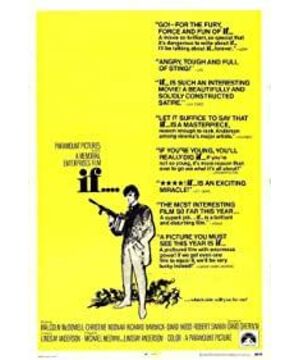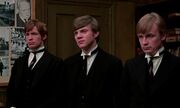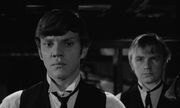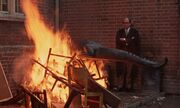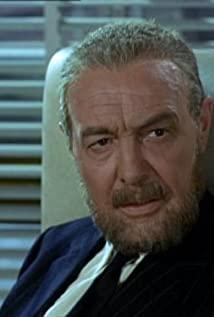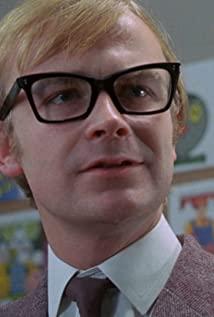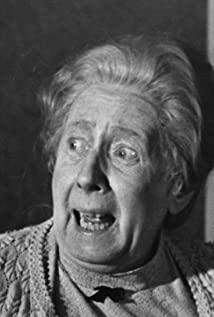It's time to let the eyes rest
on the illuminated black dial
It’s the green code of the new moon—
one, two, three, four, five, six
I breathe, I can’t fall asleep, and the next
day will
say: "This is the night."
As Milosz said in "The Witness of Poetry" At this moment of suffering, all writing seems to be concise and straightforward. In reality, this film made in 1968 is not just a testimony to the end of history. A May storm occurred two to three months after the filming ended.
Going back to the film itself, this film revolves around the life of the old British boarding boys’ school. Teenagers are forced to discipline under an almost monopoly power. They sing hymns, practice team rituals, and even be required to change clothes for managers. , Wash and warm the toilet. The libidos who seem to be comforted and submissive are transferred to the weak and the younger of the same age. The senior students imitate the violent methods of the authoritarian to suppress and punish another group of people. And Mick is a wanderer outside the entire collective. Of course, this does not mean that he has a distinct rebelliousness. He is looking for an exit after tolerance in the rift of power. At the end of the film is him, his two partners, and coffee. The waitresses in the hall found their weapons in the armory and fired together at the top of the building to shoot at the managers on the opposite side, including generals and bishops. However, the authenticity of this exit remains to be questioned, because Lindsay Anderson used a lot of surreal methods when dealing with this film: for example, men and women in cafes fight each other like lions, such as waitresses who roam around in boys’ schools. For example, the female teacher walking naked in the youth dormitory, such as the canned baby corpse that appeared like a ghost in the armory. These shocking metaphors refer to the nowhere to put the desire of this boarding school. They are hidden in the body of the manager and the managed, gurgling like blood flowing in the umbilical cord. Therefore, it is difficult to say whether the end of the film is also a magnified projection of Mick’s inner desires, but one thing is certain: even the imaginary righteous resistance, in the last shot of Mick’s eyes, revealed a crazy look. Fear and madness, he has become the mirror image of the managers, even the unconcealed mirror image of their evil after they have faded from their hypocrisy. This romantic revolutionary shoots everything against him, including the mediocre who chooses to submit. What does revolution mean? It is like Delacroix painted: the half-naked woman representing the icon holding high the flag of France and stepping on the darkness of countless dead people? Revolution can only be rebuilt when destroyed. Then at this time, as written on the yellow poster of this film: "Which side will you be on?"
In addition, this film is irregularly interspersed with black and white and color. At first, I also imagined the reasons for the various boundaries, and finally learned that it was just a lack of funds (low-light black and white film indoors has better exposure), but it also seems to have caused a Brecht alienation effect, making this film in the light and shadow. There is a kind of silent poetry in it. hh Roland Barthes is right, the viewer is the creator of modern art.
My friend has a puzzle about this movie: Why are there four dots after the if instead of three? I think this question is very interesting and I hope to get answers from everyone.
View more about If.... reviews


